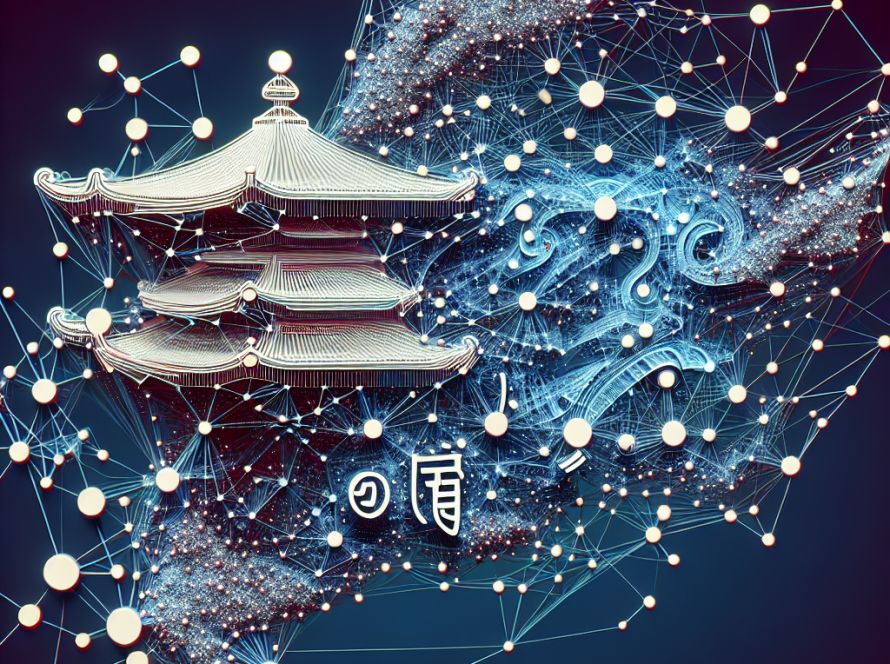Hyuk Kim of the James Martin Center for Nonproliferation Studies recently authored an analysis highlighting North Korea’s increased focus on artificial intelligence (AI) and machine learning (ML). The study investigated both civil and military uses, shedding light on the country’s technology strategies. North Korea was seen as an AI pioneer in the 1990s, with its Eunbyul system dominating global “Go” competitions until 2010. Despite the country’s economic struggles, it has managed to keep up with advances in AI and ML.
North Korea seems to be making a concerted effort towards the advancement of AI technologies through collaboration among government, academia, and industry. For instance, the country’s constitution was revised in 2019 to add “informatization” to its core economic strategies, showing a commitment to embedding AI within its economic framework. Institutions such as the Kim Il Sung University are also taking the lead in AI research and development, and numerous enterprises are integrating AI into their products and services.
Kim’s report also explores AI’s potential dual usage in the country, both in improving nuclear safety and—concurrently—in military applications. Cyber attacks by North Korean actors have raised global concerns, with AI potentially enhancing their capabilities. A range of recent ransomware and hacking incidents have been attributed to North Korean state-sponsored actors, underscoring the country’s growing cyber warfare and cybercrime skills.
Despite international sanctions, North Korea is making substantial progress in AI and ML. However, the same technologies that can contribute to civilian improvements also carry potential military applications, echoing debates in the West about the double-edged nature of advancing AI.


